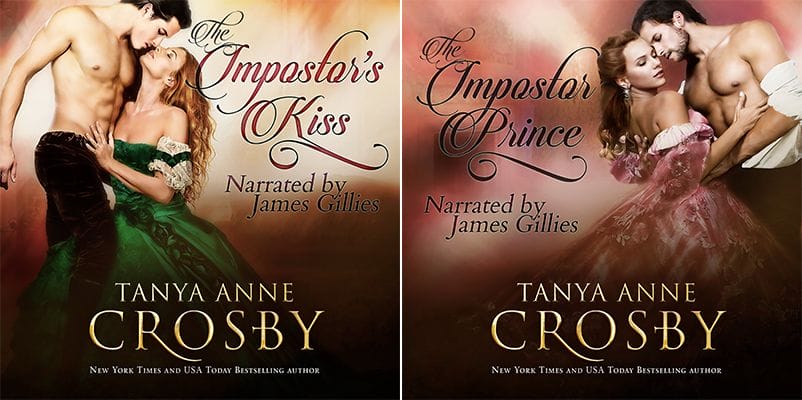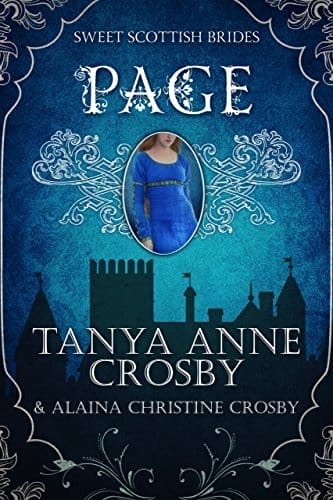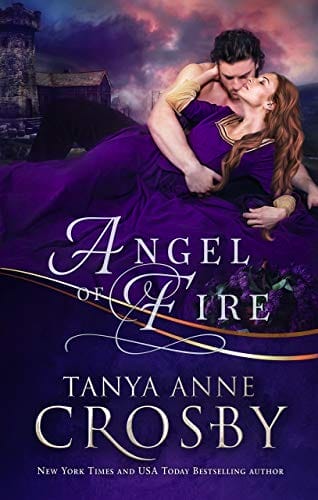Once upon a time I was terrified of foreign editions. I mean, why wouldn’t I be? Even my agent had a tough time selling these, so what made me think I could tackle them on my own? In fact, even while at the Big-5, translated books would literally fall onto my lap seemingly from the sky. I had no inkling which books might become chosen ones, and I was unaware of the processes that went on behind the scenes, including, as it seems, financials. (Yes, a few translations appear to have come and gone without any clear indication I was paid for them, and/or I got paid without ever having been involved in negotiations.)
Nevertheless, early on, when I dove into the Indie scene, I took the reins from my then agent, and despite that I didn’t begin the process right away, I let it mill about in my head, because I’m not that girl who’s easily stopped by road blocks. I figure, “where there’s a will, there’s a way.”
So, the more I thought about it, the less intimidating the process appeared to be (for reasons I’ll go into later). However, my biggest deterrent was a financial one. I researched endlessly about possibilities, and even heard, at one point, that Amazon might be venturing into an ACX type program for translations.
Enter Babelcube.com. This is where I discover how fortunate I am that English is not my first language. I was raised by a Spanish mother. Her closest friends were multicultural—French, German, Italian. Back in the day, there simply weren’t any great Spanish speaking communities, so the wives of American soldiers, particularly those with foreign nationalities, all hung out together. And, mostly, it seemed, at my house. All the while I was cringing over the Flamenco music blaring from my house as I exited the school bus, I didn’t realize how precious this experience was until I began to hash out my plan for foreign translations.
So I realized I had an exceptional support network, and I had people I trusted to run the initial translations by. And this is important: I trusted their judgment. If they told me they couldn’t understand a translation, or it was “messy,” I turned the translator down. Period. And through this process, I was able to form a core group of translators for French, German, Italian, Spanish, Portuguese and Dutch. This is where I started, excluding all languages I didn’t feel immediately comfortable managing (i.e. Chinese, Russian, etc).
Clearly, my core group was a wider group than it might be for most English speakers. So, I would advise you to choose ONE language you are comfortable with, where the sales of e-books seem promising. (These languages have all done well for me: German, French, Italian, Portuguese.)
For example, if you’re most familiar with Spanish, still don’t start there, because Spanish sales are lackluster, and you want to be sure you choose a language that will encourage you to continue, and earn back any capital you’re putting into it. Choose another language, where maybe you have a close friend, or someone you trust, who can vet the first sample (about ten pages of translation). Once it gets the thumb’s up by someone you trust, you can move on to the next phase.
Phase Two of vetting is a bit more intense, but it’s an important next step, unless you a) have family members who are translators (which, I do!) or b) you are already 10 books in and now have a core group you trust. However, even if you do have a family of translators, you simply can’t ask them to vet thirty books each in five plus languages, for free. Most of your close family and friends won’t mind looking over one or two, but since you’re the one to gain, I would offer to compensate your initial readers.
I used this process to pinpoint my initial trusted translator. Once this is done, you want to hire a proofreader who is not also your translator and who is not “friends” with your translator. You can find proofreaders anywhere, including Upwork and Fiverr, but your goal is to hire a proofreader, who is a complete stranger to the translator and who has no reason to protect the translator’s “feelings.” He also must have a solid grasp of both languages—the one you’re translating from and the one you’re translating to. If you don’t know this person, or he didn’t come recommended, you’ll determine this through works they’ve produced/edited.
- Do the translators already have reviews on Amazon?
- Do the proofreaders and translators have resumes?
Don’t be afraid to ask. Professionals are happy to provide this. Here are some additional questions to ask your prospective translators:
- Have you previously translated any works?
- Have you translated full-length fiction?
- How many books have you translated?
- What genres do you prefer to read?
- Do you work with an editor/proofreader? (And are you willing to work with am editor/proofreader of my choosing?)
Continue reading Tanya Does Babelcube (Part 2)
 Did you send an email via the previous website? Oops! Between website troubles, and various changing of the guards, your email may have slipped through the cracks without a response. I’m currently converting “Team Tanya” from a “street team” to a “review team.” What this means is that, if you join the new review team, you will be given opportunities to request review copies and to join a beta read group for upcoming novels. The option to participate, or not, remains entirely your decision book to book.
Did you send an email via the previous website? Oops! Between website troubles, and various changing of the guards, your email may have slipped through the cracks without a response. I’m currently converting “Team Tanya” from a “street team” to a “review team.” What this means is that, if you join the new review team, you will be given opportunities to request review copies and to join a beta read group for upcoming novels. The option to participate, or not, remains entirely your decision book to book. Coming soon! Audiobooks for The Impostor Series
Coming soon! Audiobooks for The Impostor Series


